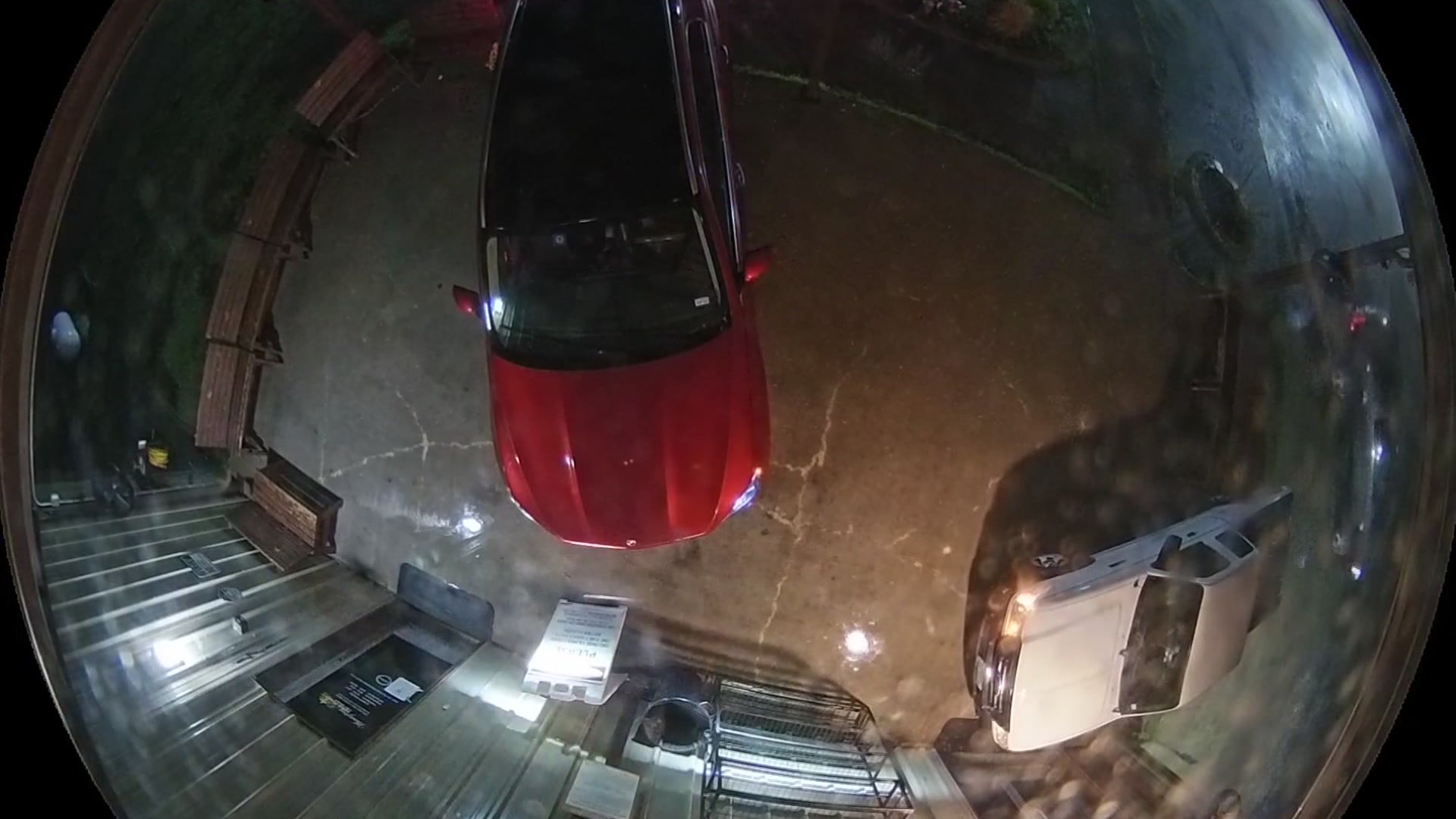The Texas Public Utility Commission voted Thursday to raise the wholesale electricity price cap by 50 percent this summer in a move it hopes will spur construction of new power plants.
Texas officials say the state must boost generating capacity to meet growing demand in the next few years to help avoid rolling blackouts during peak periods such as hot summer days.
Supporters of the increase hope the lure of new profits will spur power companies to build more power plants. But consumer groups warn it could raise costs by billions of dollars, leading to higher electric bills for Texas households.
Thursday's vote by the three-member commission, all appointed by Republican Gov. Rick Perry, raises the wholesale rate on Aug. 1 from the current $3,000 per megawatt-hour to $4,500. And there could be more to come. Commissioners are already considering tripling the price to $9,000 in 2013.
The commission approved the Aug. 1 increase on a 2-0 vote with commissioners Donna Nelson and Rolando Pablos supporting it. Commissioner Ken Anderson, who said he agrees with raising the cap, abstained because of concerns that Aug. 1 is too soon for some electric providers to adjust.
The cap increase affects wholesale rates within the Electric Reliability Council of Texas grid, which covers most of the state.
Texas AARP and other consumer groups say the commission hasn't studied the impact the rate increase could have on Texas households. Texas Industrial Energy Consumers, which includes refineries and chemical manufacturers, warned that a rate increase could create instability in pricing and drive smaller retail power providers out of business.
Local
The latest news from around North Texas.
Pablos dismissed the warnings of skyrocketing household electric bills as "alarmist rhetoric" driven by special interests.
"It's very clear a lot of the public don't understand the structure of the market and what we do here," Pablos said. "Energy prosperity leads to economic prosperity. We're doing this for the purpose of ensuring we have a higher quality of life for our citizens. A robust and reliable electric system will help us get there."
Although electric providers typically sign long-term contracts for electricity at a set price, they often fill in gaps on high-usage days buying wholesale on the "spot market" where prices are set several times an hour. That market can be compared to buying and selling on the stock market, where prices can be determined by sharp increases in demand and shortages.
Nelson said increasing the price cap by 50 percent doesn't translate into an automatic 50 percent increase on household electric bills. Texas' competitive electricity market allows Texans to shop for the best plan they can get, she said.
Texas must find ways to make sure it can meet growing demands for electricity, she said.
"The one thing we can't do is ignore the situation and move forward blindly based on a faith and a hope we'll have enough electricity," Nelson said, pointing the record heat that gripped the state in 2011. "If last summer taught us anything, hope for the best, plan for the worst."



